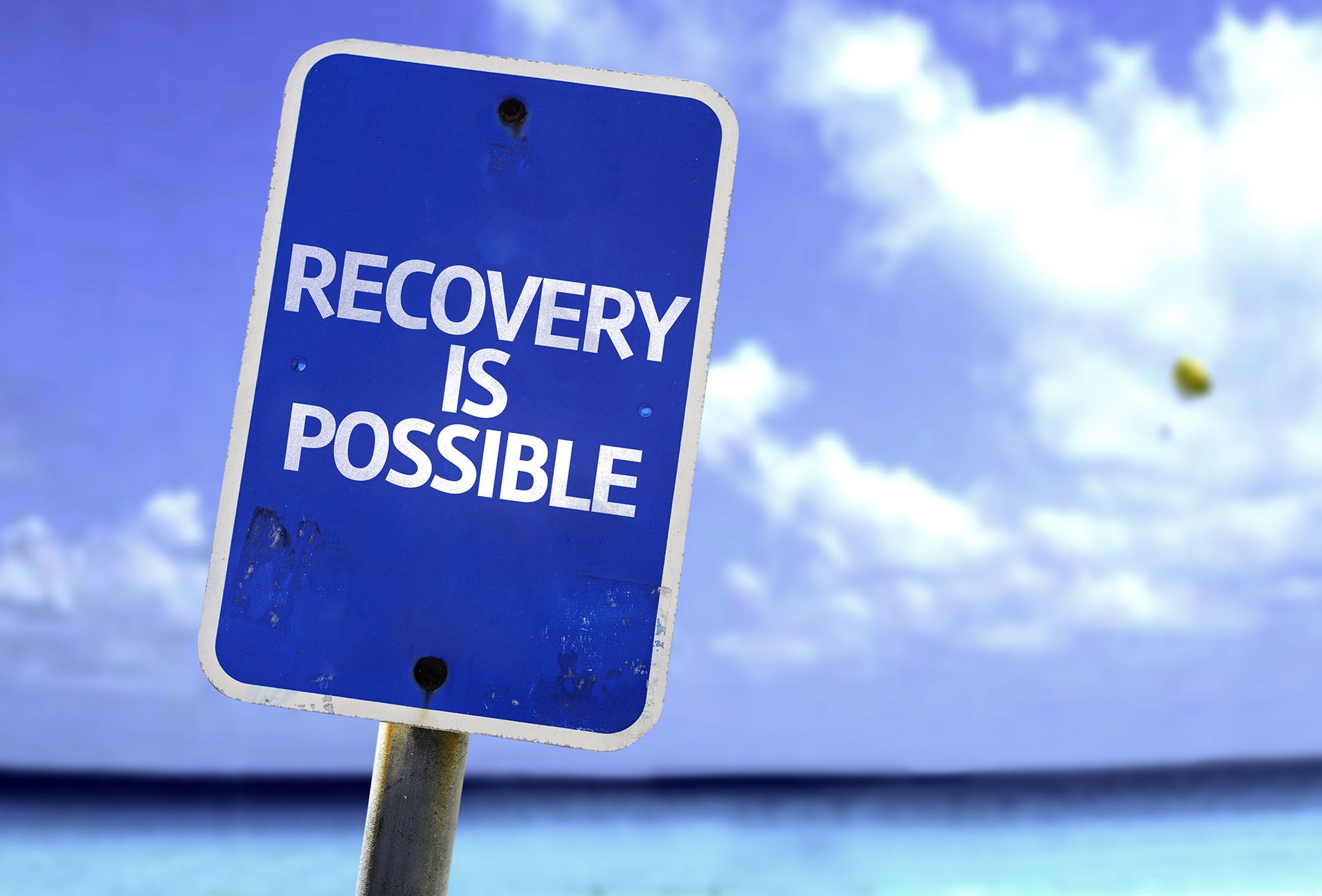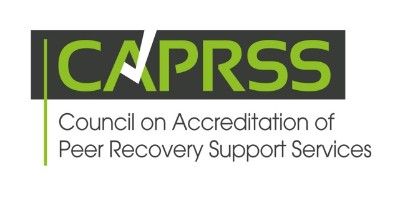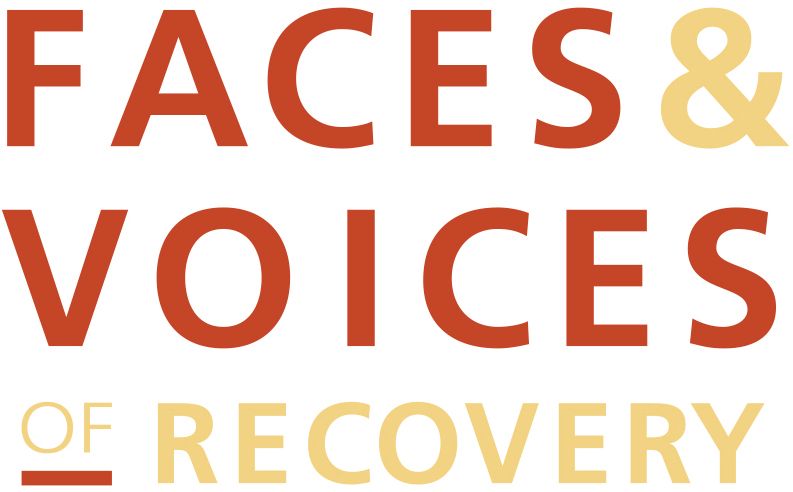WHAT IS RECOVERY?
Today, the value of recovery and recovery-oriented systems of care is accepted by states, communities, health care providers, peers, families, and advocates. When people with substance use or mental health disorders seek help, they are met with the knowledge and belief that all individuals can recover and/or manage their conditions successfully. SAMHSA (2012) has offered a working definition of recovery that defines recovery as “a process of change through which individuals improve their health and wellness, live self-directed lives, and strive to reach their full potential.”
This definition is not only hopeful, but recognizes that a person’s recovery is built on his or her strengths ,talents, coping skills, resources, and values. With multiple pathways of recovery and a broad menu of recovery support services, people can achieve goals and a quality of life that includes positive health (making informed healthy choices to address substance use, mental health, and health), home ( a stable and safe place to live), purpose (meaningful daily activities, such as job, school, family caretaking, volunteerism), and community (participating in relationships and social networks).









